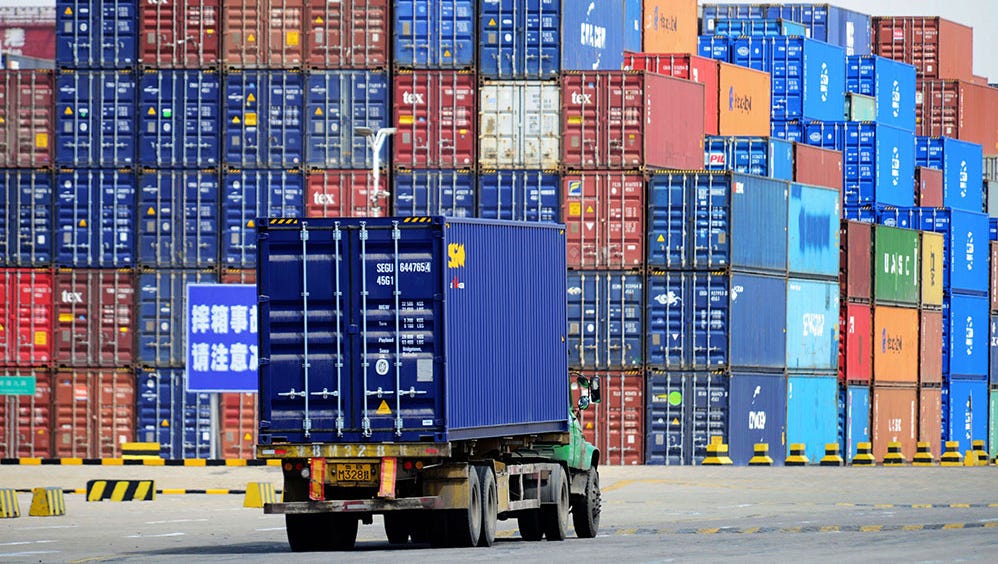Foreign automakers group pushes back on import tariffs

A Washington-based organization that represents foreign automakers is pushing back on possible tariffs of up to 25 percent on vehicles and auto parts imported to the United States.
President Donald Trump has threatened the tariffs, citing a national security threat that he says is posed by car imports. The Global Automakers lobby group, which filed its objections
Wednesday with the U.S. Department of Commerce, argues that no such threat exists, and that tariffs would hurt the nation's car industry and raise prices.
"These tariffs will harm today’s U.S. auto industry, which is comprised of 14 auto manufacturers, all of which are global and 10 of which are international automakers," John Bozzella, Global Automakers CEO, said in a statement. "Each of these companies employ American workers to produce cars in the United States, and tariffs will substantially increase prices for consumers."
The president announced in May he was ordering Secretary of Commerce Wilbur Ross to consider initiating an investigation into imports of automobiles, including trucks and automotive parts, to determine if they pose a national security threat.
“There is no national security justification for taxing imports of vehicles and parts, or discriminating between global companies headquartered here or in allied countries," Bozzella said. “If this investigation leads to tariffs, retaliation against U.S. exports is inevitable ... placing American auto workers on the front lines of this trade conflict.”
Global Automakers says in its report that 25 percent tariffs on vehicles and automotive parts imports would lead to the loss of 195,000 U.S. jobs — and if other countries retaliated with their own taxes on U.S.-made cars, that number could triple. It forecasts that U.S. vehicle production would fall 1.5 percent, rising to 4 percent if other countries responded in kind.
Imposing tariffs on imported vehicles is likely to be more complicated than taxing imports of aluminum and steel, as Trump's administration already has done. Automotive manufacturing is complex and includes a variety of global players, even for American automakers.
It's not clear whether vehicles built in Canada or Mexico would be subject to the latest tariffs being floated, though there has been speculation that the investigation is intended to put pressure on NAFTA talks.
"NAFTA is significant to industry and significant with regard to this matter," Bozzella said on a conference call with the media. "We hope the three countries find a way forward ... NAFTA has been one of the key elements to our success."
The comments submitted by Global Automakers said the industry produced 11 million vehicles last year, double the 2009 level during the Great Recession. The international automakers that the group represents directly employ 130,000 American workers and create 1.29 million more jobs in a variety of fields, Global Automakers said.
nnaughton@detroitnews.com
Twitter: @noranaughton